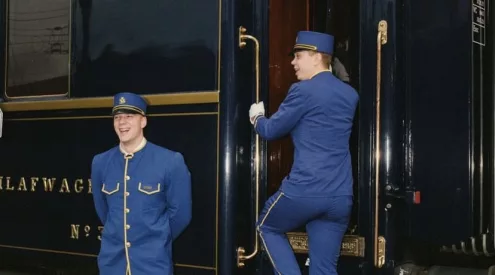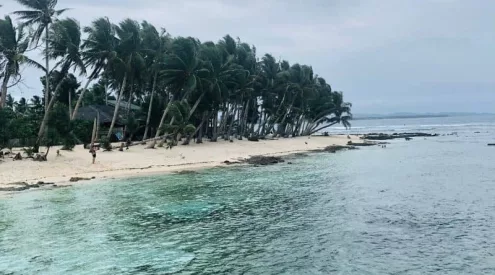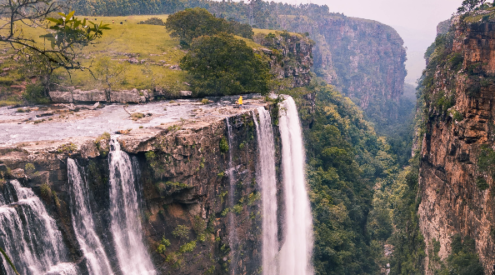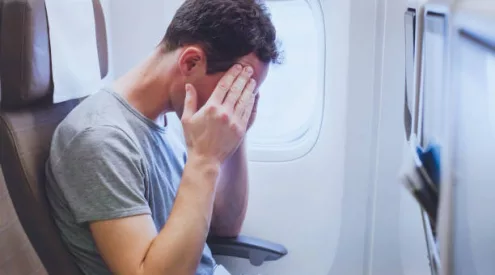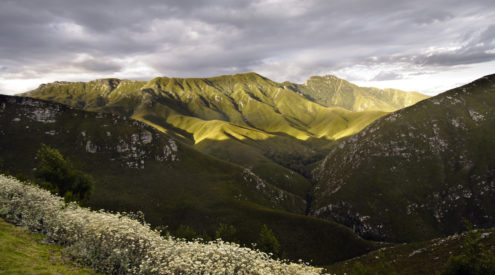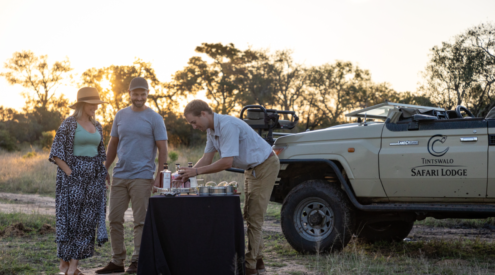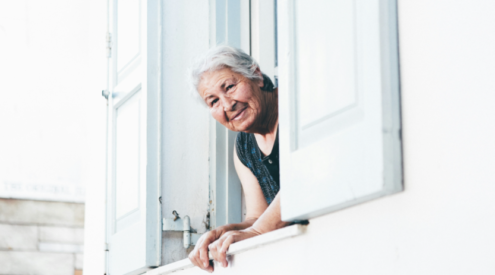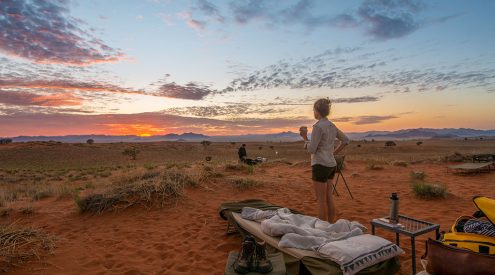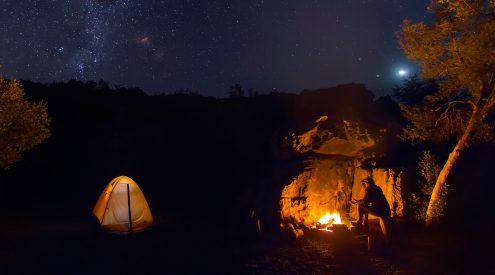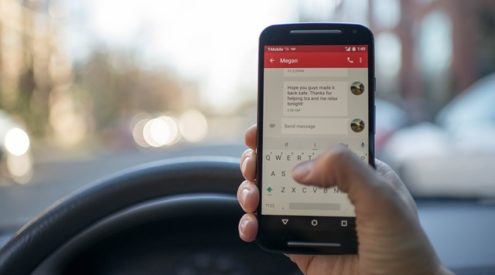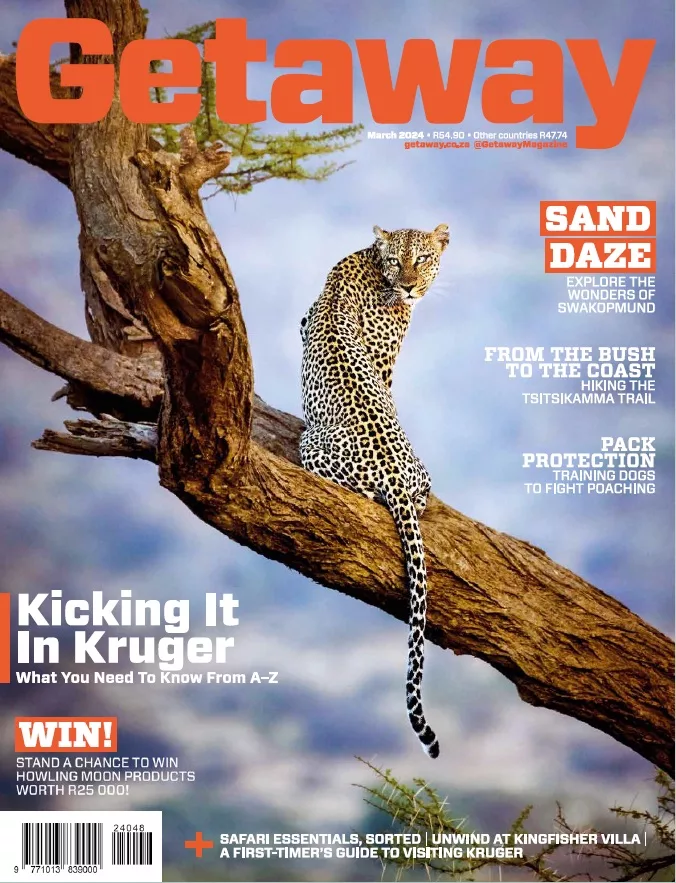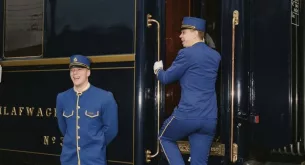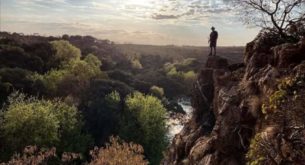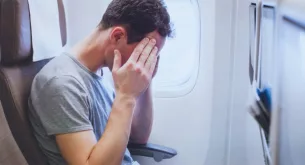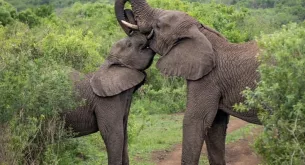When you travel to a new place, it is uplifting to know that the organizations you are supporting are, in turn, supporting and contributing to the communities in which they operate. Projects like Team Talk are a fantastic example of tourism, NGOs and local communities coming together to make a huge difference in the lives of Kenyans.
Team Talk uses a combination of sport and workshops as a medium to encourage empowerment of girls and young women in the Maasai communities outside the Maasai Mara National Reserve, and considerably improve their sexual education and self-awareness. Team Talk also makes sure that these communities in Kenya really understand the importance of wildlife conservation to their area.

School kids line up for an introduction to Team Talk. Photo by Ali Allport.
“Within the Maasai/Samburu culture female oppression, circumcision and early marriage are ingrained, often leaving girls without the educational opportunities of their male peers,” says project manager Ali Allport. “Girls and women who are educated are far more likely to marry later, and have smaller and healthier families. Therefore, we recognize that investing in girls’ education is one of the most effective ways of reducing poverty.”
In order to effectively implement the 2014 project, many organizations had to come together to support the common goal. EGHO (Exploring Global Health Opportunities) put together the Team Talk project, identifying a need for female empowerment projects in Kenyan schools. The Safari Collection operates a number of lodges in Kenya, both in the Mara and Samburu community area, and provided both human resources and financial assistance to the project. The TAG Rugby Trust provided the sports element of the Team talk project. Tag Rugby encourages interaction between boys and girls, builds confidence and helps them to be more receptive to the discussions and workshops that comprise the educational facets of Team Talk.

The TAG Rugby event. Photo by Ali Allport.
The Haller Foundation donated 200 bracelets to the Team Talk project. The “Repro Bracelet” is intended primarily as an educational tool to help teach girls between the ages of 11 to 16 about their menstrual cycle. Taught in a visual way – using the colours of the bracelets along with appropriate workshops on sex education and health – the menstrual cycle and fertility becomes less confusing and intimidating and leads to better awareness of their bodily functions.
“This lack of understanding and limited access or use of contraception can cause unintentional pregnancy resulting in young girls leaving school, of which few find employment later on,” says Allport. “Additionally, for most girls from poorer communities, the cost of purchasing even basic cotton or sanitary towels is quite prohibitive.”

Repro bracelets are used to help kids understand their menstrual cycle. Photo by Ali Allport.
Seeing perspectives and paradigm shift in the young minds was one of the most rewarding aspects of the project for the whole team. One particular session had the children discussing stereotypes of male and female roles.
“We gave them all the sentence: ‘woman without her man is nothing’ and asked them to punctuate it to give it meaning. All the teams ended up with: ‘Woman without her man, is nothing’. So when we punctuated it: ‘Woman: without her, man is nothing’ they were amazed. This led to a big discussion and we finally concluded that actually neither sentence is accurate and that we all need each other!”

The sports events were a major highlight for the children, both male and female. The TAG Rugby events, led by the local teaching staff, were able to put everything the kids had learned in the classroom into practice. There was some concern that the whole emphasis was focused on the Tag Rugby and that the ‘female empowerment’ aspect of the project had not made an impact at all. However, on talking to the Senior warden of the Maasai Mara National Reserve, Mr Samson Lenjir, afterwards he had this to say:
“The girls played Tag Rugby with the boys – they were able to compete and they also won prizes at the end – this in itself is a big achievement.”
“It was interesting how nervous the children were in the class compared to the TAG field,” says Allport. “They struggled to express feelings about themselves or identify things that refer to themselves, instead regurgitating what they know to be right; for example when asked about things they like about themselves, they answered “discipline” or “respect”, and were then unable to explain why that made them feel good.

Changing paradigms. Photo by Ali Allport.
Partnerships in Conservation
The Safari Collection partnered with the Mara Cheetah Project (MCP) and The Mara Lion Project (MLP) to bring TEAM TALK to four schools. The organisations identified the communities most in need and chose the schools that we worked with, and were very involved with community mobilization and logistics. MCP and MLP joined the project to incorporate a conservation theme throughout the week, starting with the TAG team selection: all teams were named after wild animals that can be found in the Maasai Mara, and were composed of a mixture of different children from each school.

All in all, Team Talk was a massive success and a testament to the enormous difference that can be made when tourism, conservation and social communities are brought together to better the lives of children.
“Through this partnership of The Safari Collection, The Mara Cheetah/Lion projects and Team Talk, we hope to reinforce the importance of the three pillars – COMMUNITY, TOURISM AND CONSERVATION, and help encourage communities to embrace conservation,” says Allport.

